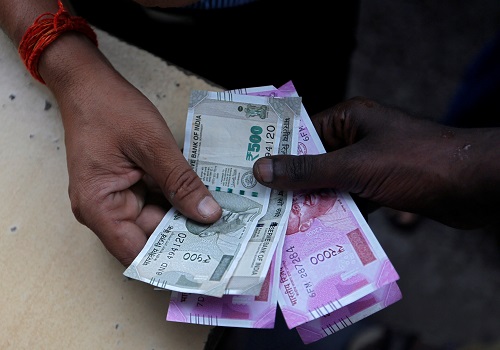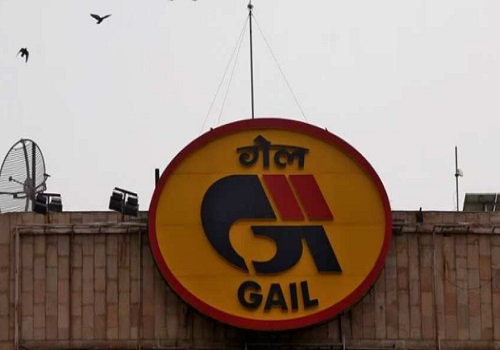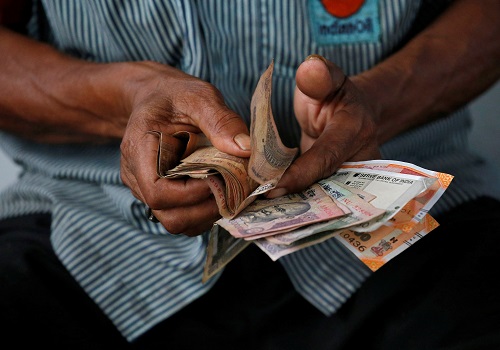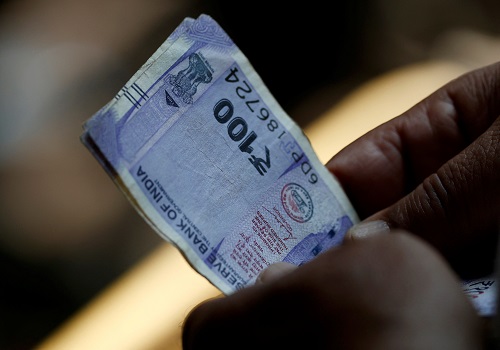India rupee ends flat but notches fourth monthly decline on the trot

Follow us Now on Telegram ! Get daily 10 - 12 important updates on Business, Finance and Investment. Join our Telegram Channel
The Indian rupee ended unchanged on Tuesday after holding in a narrow range through the session, as buoyant U.S. dollar demand squared off against expectations the central bank will prevent further weakness in the local currency.
The rupee closed at 83.25, the same as the previous session. The unit logged its fourth consecutive monthly decline in October, weakening 0.25%.
Losses in the rupee this month were limited because of likely intervention by the Reserve Bank of India (RBI), which has routinely stepped in to prevent a breach of the record low, traders said.
The rupee had hit its record low of 83.29 in October 2022.
Regional peers like the Thai baht and the Korean won outperformed the rupee in October.
On Tuesday, the dollar index was last quoted lower at 106 while Asian currencies traded mixed.
The Japanese yen declined over 1% to fall below the 150 mark against the greenback after the Bank of Japan slightly tweaked its bond yield control policy but was not as hawkish as some had expected.
The rupee is "completely on a flat line," said Dilip Parmar, a foreign exchange research analyst at HDFC Securities.
The prevailing narrow range could break following the U.S. Federal Reserve's policy decision on Wednesday, but a strong directional move will depend on the amount of flexibility the RBI allows, according to Parmar.
The Fed is widely expected to keep rates unchanged. The Bank of England will announce its rate decision on Thursday.
While the rupee hardly budged on Tuesday, worries over a shortage of dollars drove the USD/INR overnight swap rate and forward premiums lower.
The USD/INR cash swap rate fell to an intraday low of 0.04 paisa while forward premiums declined across tenors.
Dollar shortage concerns prompted receiving in near-forwards, driving premiums lower, traders said.












 320-x-100_uti_gold.jpg" alt="Advertisement">
320-x-100_uti_gold.jpg" alt="Advertisement">









